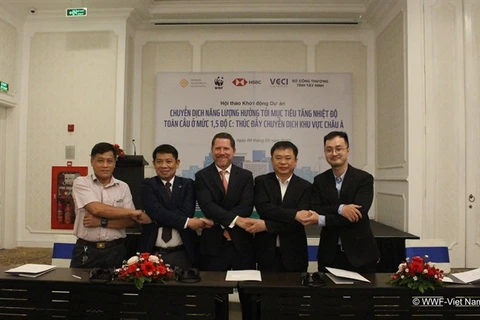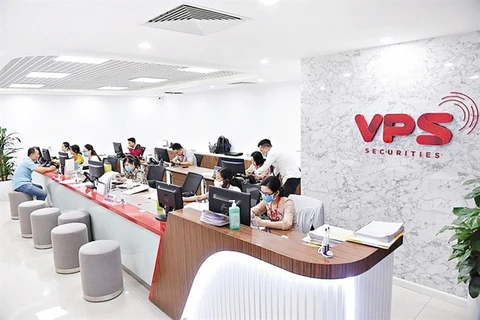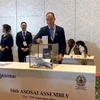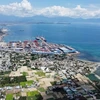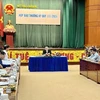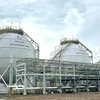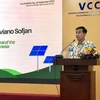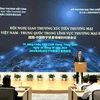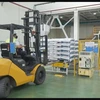HCM City (VNA) - Up to 21 percent of Indian firms operating or intending to operate in Southeast Asia plan to expand their business in Vietnam in the next two years, and the ratio is 26 percent among Chinese enterprises, according to a HSBC survey covering more than 1,500 companies from six of the world’s largest economies – all of which have operations in Southeast Asia.
Regarding advantages of Vietnam, three out of 10 surveyed companies pointed to skilled workforce, while 27 percent cited competitive wage prices and proven economic resilience in response to the pandemic.
Currently, 39 percent of Indian companies stated they were attracted by Vietnam’s infrastructure, while 39 percent of US firms said that they are keen on opportunities to develop and test new products/solutions in the market.
Particularly, 49 percent of surveyed firms, mostly from China, India and the US, said that they hope to make use of the EU-Vietnam Free Trade Agreement (EVFTA) to strengthen and support their trade activities in the region.
At the same time, 33 percent said that they have to face challenges in supply sources due to impacts of COVID-19 in Vietnam.
Cultural issues were also a major concern for 31 percent of enterprises.
Sustainable development in Vietnam also draws attention from international investors. Among the international companies participating in the survey, 45 percent of those with Vietnamese operations stated that the most important sustainability actions they could take were improving energy efficiency; a further 42 percent underlined the importance of supporting local communities.
Some 31 percent of respondent companies operating in Vietnam worried that new regulations and rules on carbon reduction could impact them. Meanwhile, 36 percent flagged the difficulty of hiring employees who possessed the correct sustainability credentials and knowledge.
Tims Evans, HSBC General Director in Vietnam said that Vietnam is an example of successful COVID-19 control. The country is rising as a global production hub thanks to the incentives given by the Government, especially in the signing of free trade agreements.
Through the discussions of HSBC Vietnam with multinational corporate clients, HSBC found that the trend of shifting investment to Vietnam is not temporary, but strategic and long-term, he said.
In addition, HSBC Vietnam also believes that sustainable development and the transition to emission balance will create great opportunities after Vietnam announced ambitious commitments at COP26, he added./.
VNA

